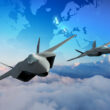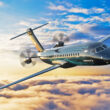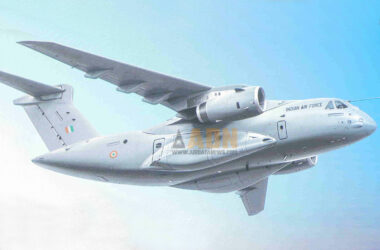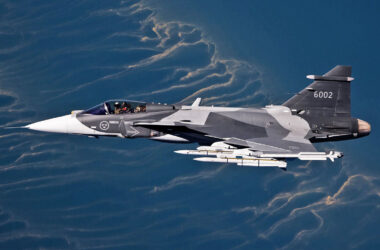Argentine President Alberto Fernández ruled out acquiring new fighter jets for the country’s Air Force this week. Asked about the possibility of buying Chinese aircraft, the Casa Rosada representative said in an interview with the Financial Times that this is not a priority issue.
“Argentina has to allocate its resources to more important things than the purchase of military aircraft. We are in a very unequal continent, but there are no problems of war and unity between the countries is sought”, reported Fernández.
?”Argentina tiene que destinar sus recursos a cosas más importantes que a la compra de aviones militares. Estamos en un continente muy desigual, pero no hay problemas de guerra y se busca la unidad entre los países”. El presidente @alferdez en The Global Boardroom de @FT. pic.twitter.com/IexXG8ryi6
— Alberto Fernández Prensa (@alferdezprensa) December 7, 2022
The Argentine president’s response, although realistic, raises some pertinent questions that highlight the situation in which the country finds itself, a problem that has been a typical feature of Latin American nations.
These are countries with serious financial problems, but which spend taxpayer resources with what suits them and in an often irresponsible way.
In Argentina, for example, while resources are not available to buy military aircraft, it is possible to count on a new presidential plane. Last week, Fernández signed a decree allocating $25 million for the acquisition of an executive Boeing 757-200 to transport authorities, including the president himself.
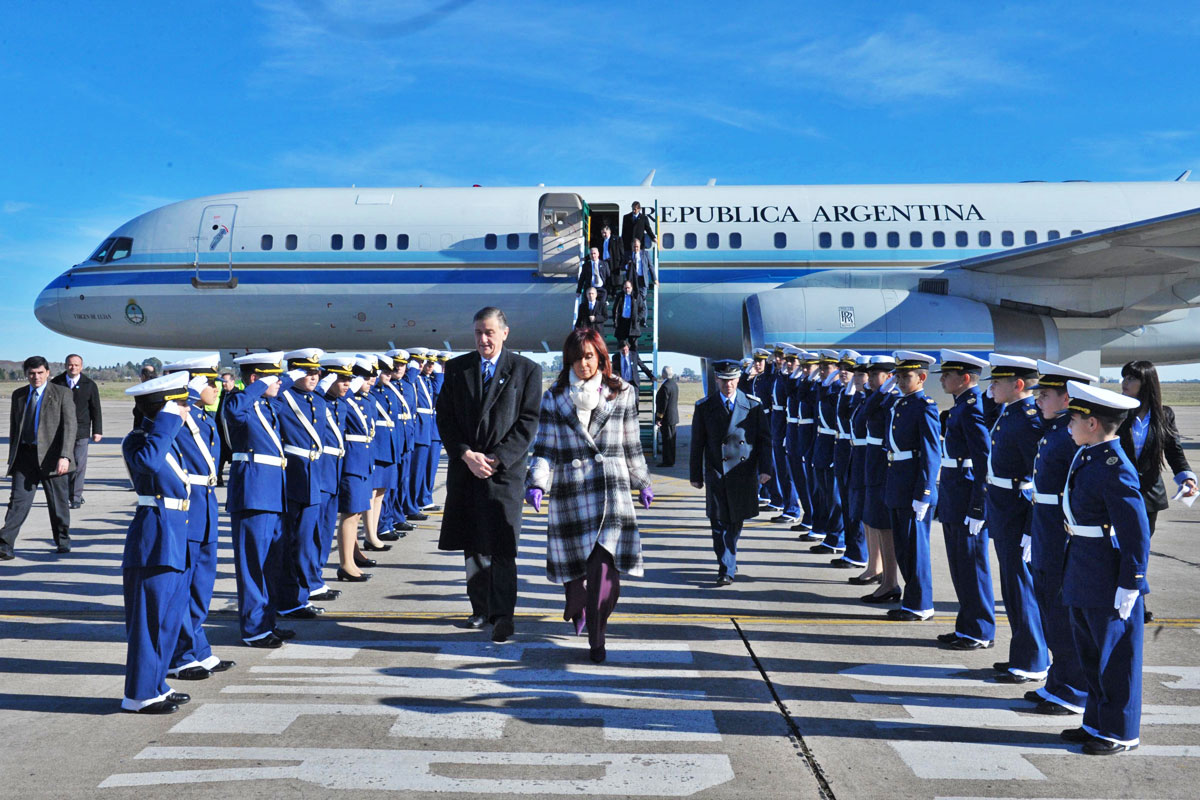
Since 2015, the presidents of the South American nation no longer have the presidential Boeing 757 “Tango 01”, which is unable to fly and has been parked at the El Palomar air base in Buenos Aires.
At the beginning of his term, Fernández raised the possibility of having FADEA (a local aircraft manufacturer) refurbish the aircraft, a project that was budgeted at around $ 12 million, but which ended up being discarded. Instead, the Tango 01 will be used as part payment for the 757 registered N757GA, capable of carrying 39 people.
Adapted attack aircraft
On the other hand, the decision of Buenos Aires to update the fleet of fighters of the Argentine Air Force, today limited to a few McDonnell Douglas A-4 Skyhawk subsonic aircraft, is still postponed.
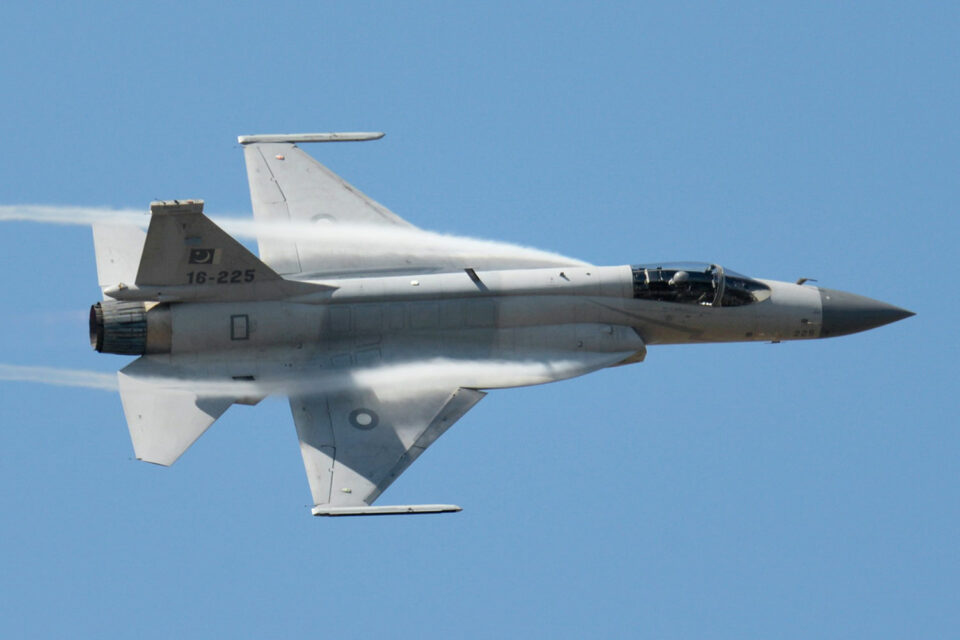
The Air Force has for years been analyzing proposals for more affordable fighters such as the Chinese-Pakistani JF-17 Thunder, the Indian HAL Tejas, or studying the acquisition of second-hand aircraft such as the Danish F-16.
A federal decree even detailed the purchase of 12 JF-17 fighter jets, produced in a partnership by PAC and Chengdu, but soon denied by the authorities.
Due to limited defense capabilities and political indecision, Argentina’s airspace remains vulnerable, including the small planes of drug traffickers. Apparently, the important thing at the moment is to focus on the comfort of the president and authorities when traveling aboard the new VIP jet.


